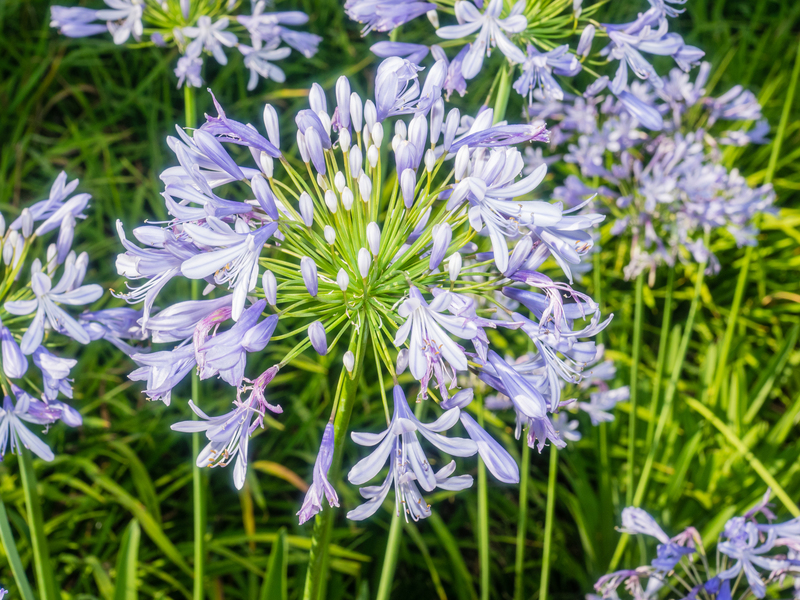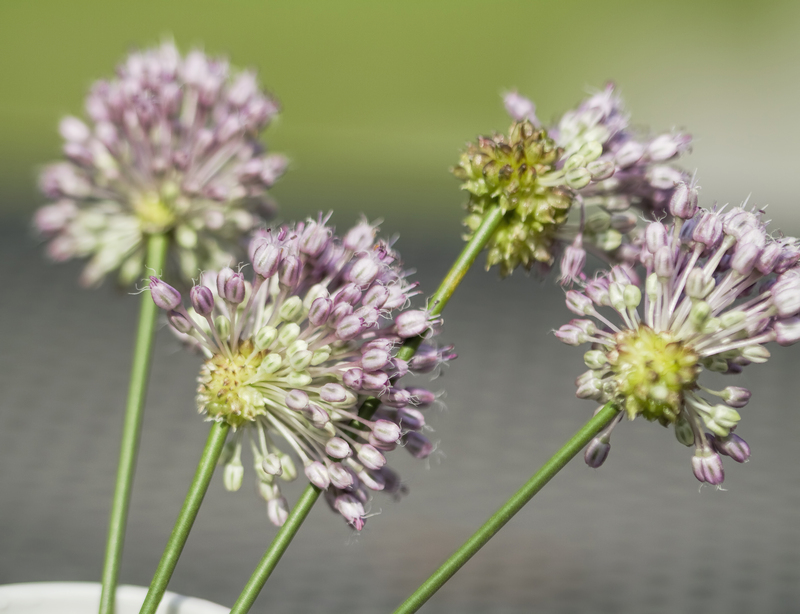How Recycled Rainwater Enhances Garden Health
Posted on 20/10/2024
Recycled rainwater is a sustainable and eco-friendly means to nourish your garden. Utilizing rainwater not only makes the most of natural resources but also contributes to the health and vigor of your plants. This article will explore how recycled rainwater enhances garden health, its numerous benefits, tips for efficient rainwater usage, and a balanced perspective on its pros and cons.
The Benefits of Recycled Rainwater for Garden Health
Nutrient-Rich Water Source
Rainwater is naturally soft and relatively free of the chemicals commonly found in municipal water supplies, such as chlorine and fluoride. These chemicals can negatively affect soil health over time. Recycled rainwater is rich in essential nutrients, which promotes healthier plant growth, aiding in lush foliage and more robust blooms.
Improved Soil Structure
Continuous watering with rainwater enhances soil structure by providing the right balance of moisture and nutrients. This encourages beneficial microbial activity, which is essential for converting organic matter into nutrients that plants can easily absorb. The consistent use of rainwater helps develop strong roots, allowing plants to withstand various stresses more efficiently.
Conservation of Natural Resources
By recycling rainwater, gardeners reduce their dependence on municipal water supplies, which in turn conserves natural water resources. This not only supports environmental sustainability but also reduces water bills, making it a cost-effective approach for garden maintenance.

How to Collect and Store Rainwater
Rain Barrels
Rain barrels are one of the simplest and most efficient ways to collect rainwater. They are easy to install, with many models designed to connect directly to downspouts. It's advisable to cover barrels to prevent debris and mosquitoes.
Rainwater Harvesting Systems
For larger gardens, more sophisticated rainwater harvesting systems can be installed. These systems often include pumps, filters, and underground storage tanks, providing a more extensive and long-term water source.
Tips for Maximizing Rainwater Efficiency
1. Use gutter guards to keep debris out of your rainwater collection system.
2. Regularly clean and maintain gutters and collection systems to ensure they are free-flowing.
3. Install a first flush diverter to discard the initial runoff, which may contain contaminants.
4. Integrate drip irrigation systems to efficiently distribute rainwater directly to plant roots.
Pros and Cons of Using Recycled Rainwater
Pros
- Economic Savings: Reduces water bills drastically.
- Environmental Impact: Conserves water and reduces runoff, which mitigates erosion and flooding.
- Healthier Plants: Naturally soft and nutrient-rich water fosters better plant health.
Cons
- Initial Setup Cost: Initial cost of rainwater harvesting systems can be high.
- Maintenance: Requires regular cleaning and maintenance to ensure its effectiveness.
- Seasonal Dependency: Availability can be irregular, depending on local rainfall patterns.
Conclusion
Recycled rainwater is undeniably a boon for gardeners aiming for sustainability while enhancing garden health. By providing a natural, chemical-free, and nutrient-rich water source, it not only promotes robust plant growth but also contributes positively to soil structure and microbial activity. While the initial setup and maintenance may demand effort and investment, the long-term benefits far outweigh these considerations.

Takeaways
- Recycled rainwater offers economic and environmental benefits.
- Proper collection and storage systems maximize its efficiency.
- Regular maintenance and seasonal planning ensure an uninterrupted supply.
Tips
- Implement simple rain barrel systems for smaller gardens.
- Employ advanced rainwater harvesting systems for larger setups.
- Use efficient irrigation techniques to make the most out of recycled rainwater.
Incorporating recycled rainwater into your gardening practices isn't just a step towards sustainability; it's a holistic approach to cultivating a vibrant and healthy garden.
Latest Posts
Must-Try Planting Concepts for a Beautiful Autumn Garden
DIY Guide to Perfectly Sharpening Garden Shears at Home
Essential Techniques for Maintaining Clean and Lush Artificial Grass
Transform Your Space With Meaningful Zen Garden Plant Choices




